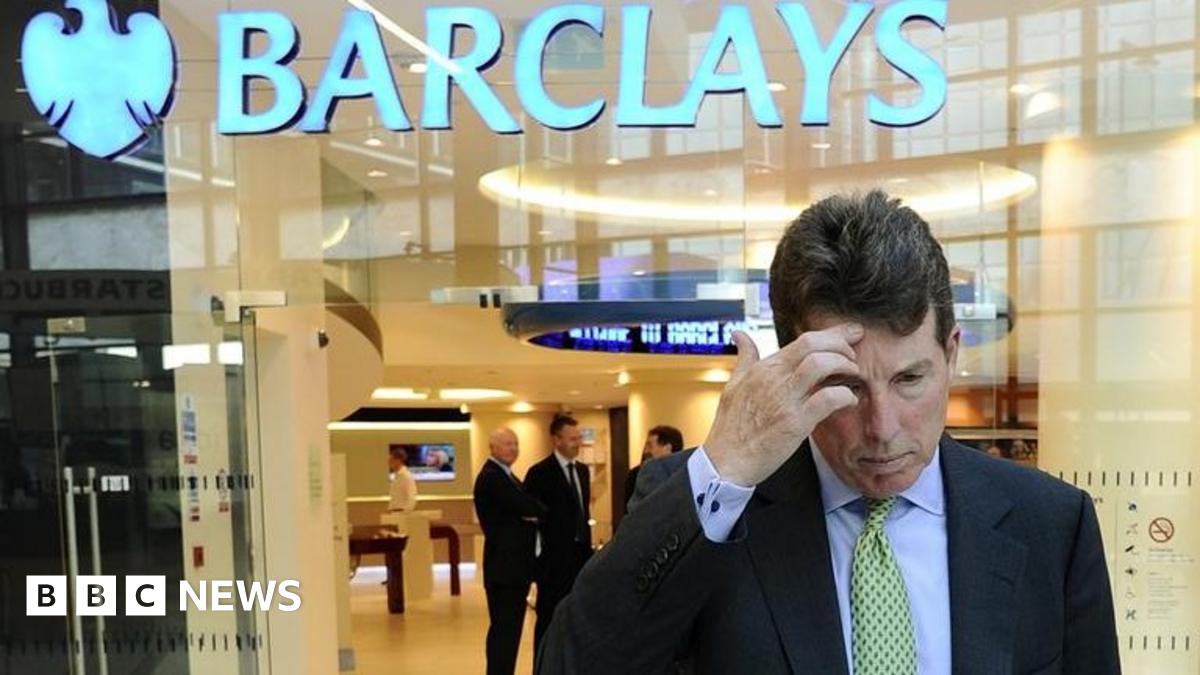Tip of an iceberg? Almost certainly. UK's financial services "regulator" FSA is already being roundly criticised - nay, vilified - for doing the right thing but not going anything like far enough by US and others. FSA, in its attempt at some kind of defence, is now stating that it has several (it won't yet say how many or into whom) similar investigations of interest rate fixing on its books right now and, of course, they're not alone in carrying out such investigative action. They also say that they're to make an announcement by the end of this week about additional investigations into the intgerest rate swap industry. It seems to me to be only one step beyond this to get to a series of fully-fledged international investigations of currency value fixing and currency value relationship fixing - and I doubt that it will stop there, or indeed anywhere.
Only a short whoile ago, the cry about certain banks was that of "too big to fail"; surely that's now morphing into "too big to regulate" - anywhere? I'm not about to defend FSA here or anywhere else, but I don't quite see how it could possiblyh hope to deal with all of this as it applies in UK alone without it having tens if not hundreds of times the number of staff members than it now has - and who would pay for that? FSA is industry funded, not taxpayer funded.
It seems that banks may yet have the last laugh at least until they establish, permanently, that there are no more laughs for anyone (including themselves) to have, anywhere...



 . Or perhaps Barclays and Northern Rock. To be associated with one might be regarded as misfortune, to be associated with both looks like very bad news indeed.
. Or perhaps Barclays and Northern Rock. To be associated with one might be regarded as misfortune, to be associated with both looks like very bad news indeed.


Comment